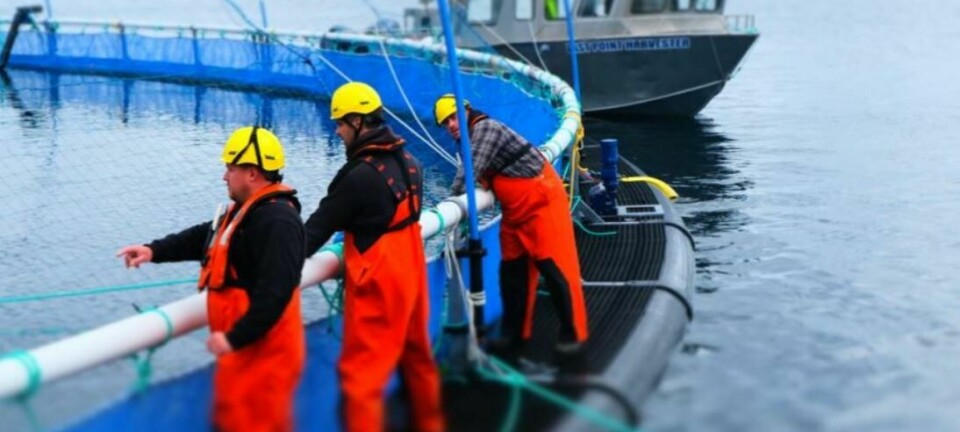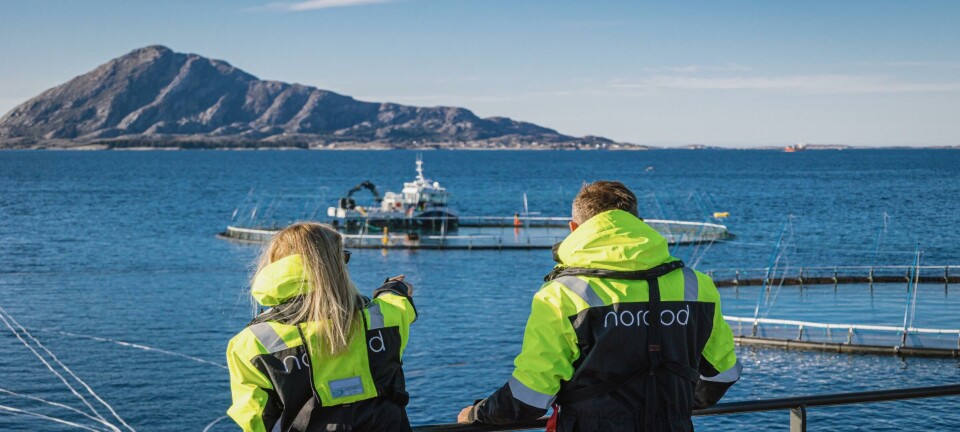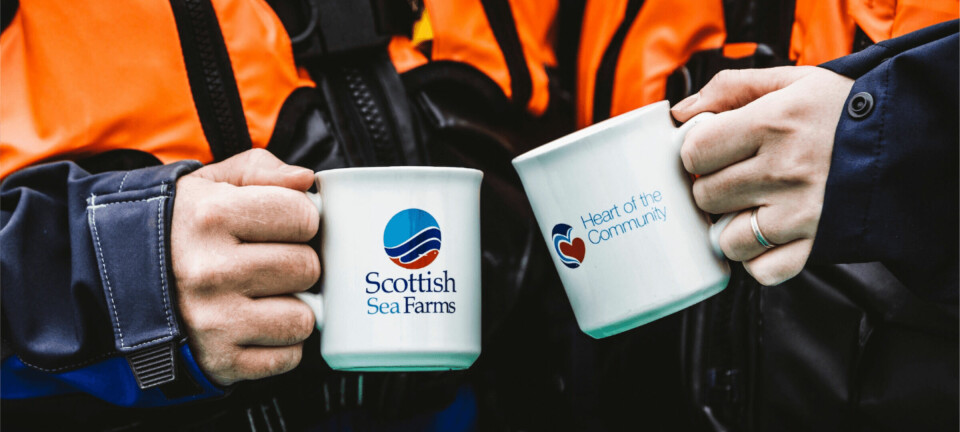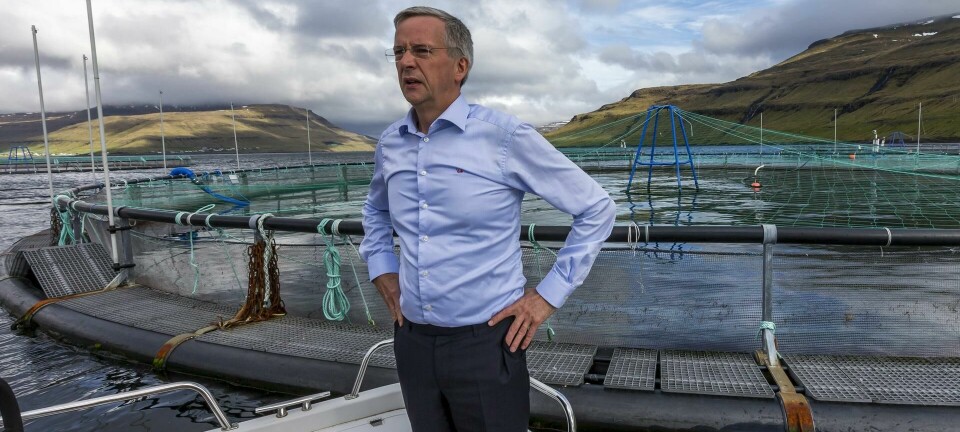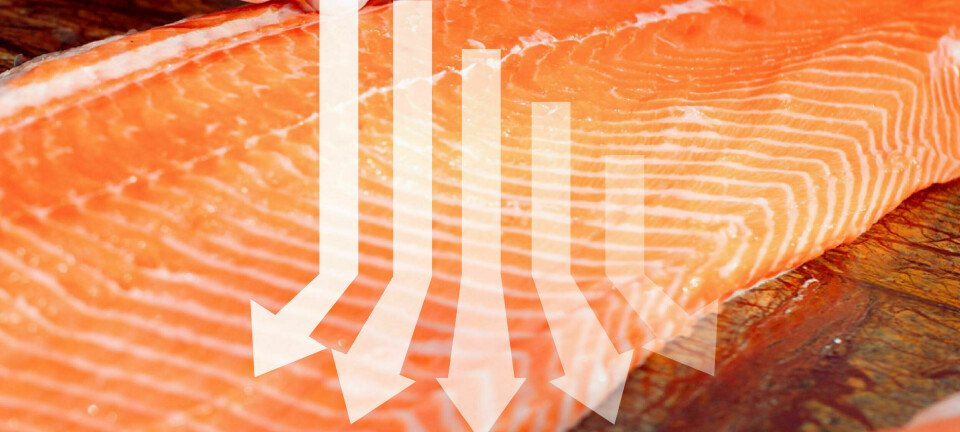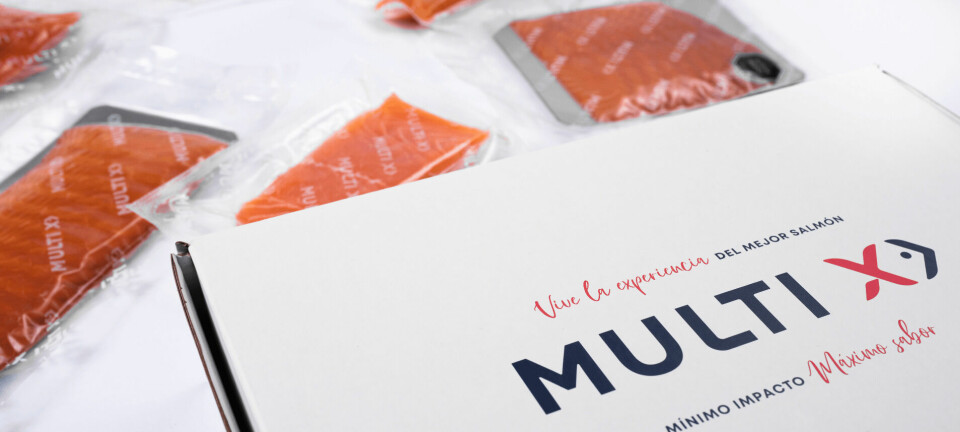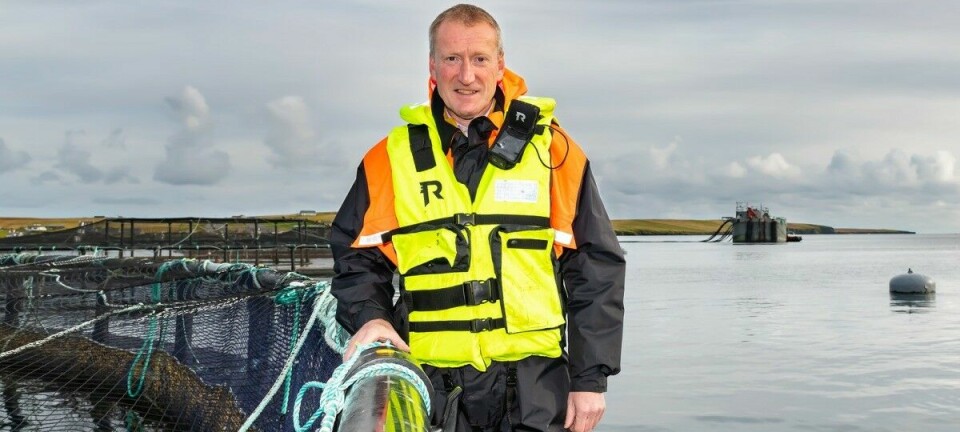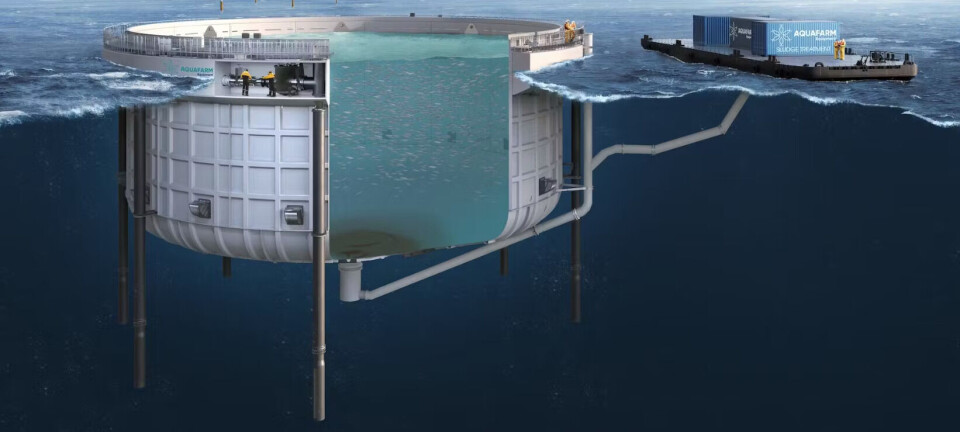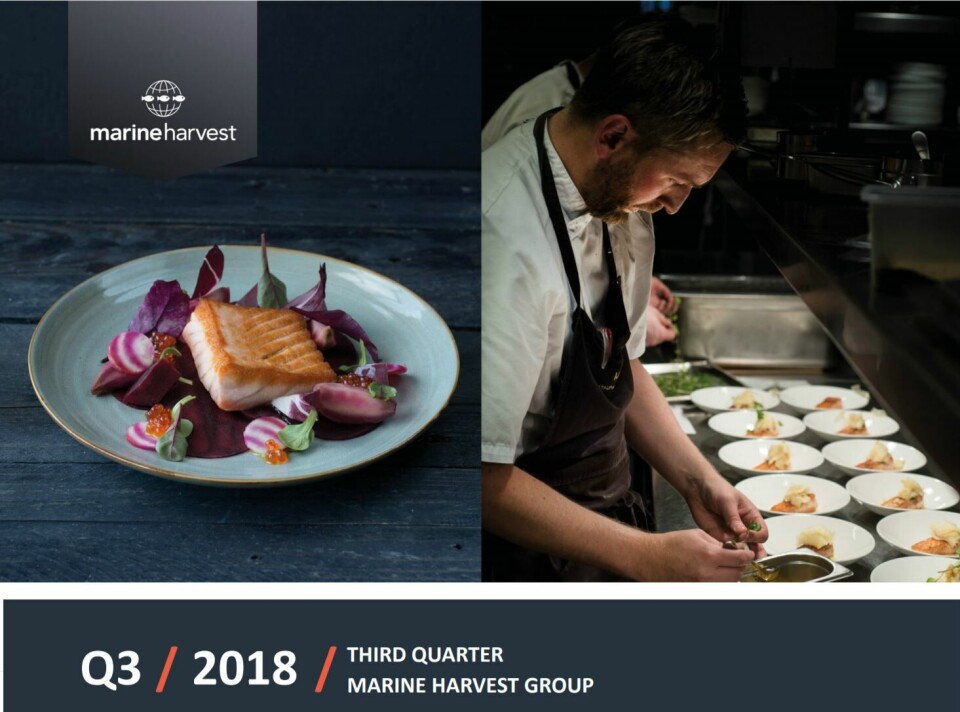
Marine Harvest reports record Q3 earnings
Marine Harvest has reported a record-high third-quarter operating profit on the back of seasonally all-time high harvest volumes and high prices.
Operational EBIT increased to €207.1 million from €194.2m in Q3 2017.
The Norwegian-owned company harvested 109,896 gutted weight tonnes globally in Q3, compared to 95,338 gwt in the corresponding period last year, it said in its Q3 2018 report.
The extra volume is largely due to the company’s Norwegian operations which harvested 71,283 gwt (Q3 2017: 55,369 gwt).
Lower biomass
Harvest volumes in Scotland were lower than 2017 for the third consecutive quarter at 9,024 (Q3 2017: 10,912 gwt). The decrease was largely attributed to lower opening biomass as a result of timing of smolt stockings.
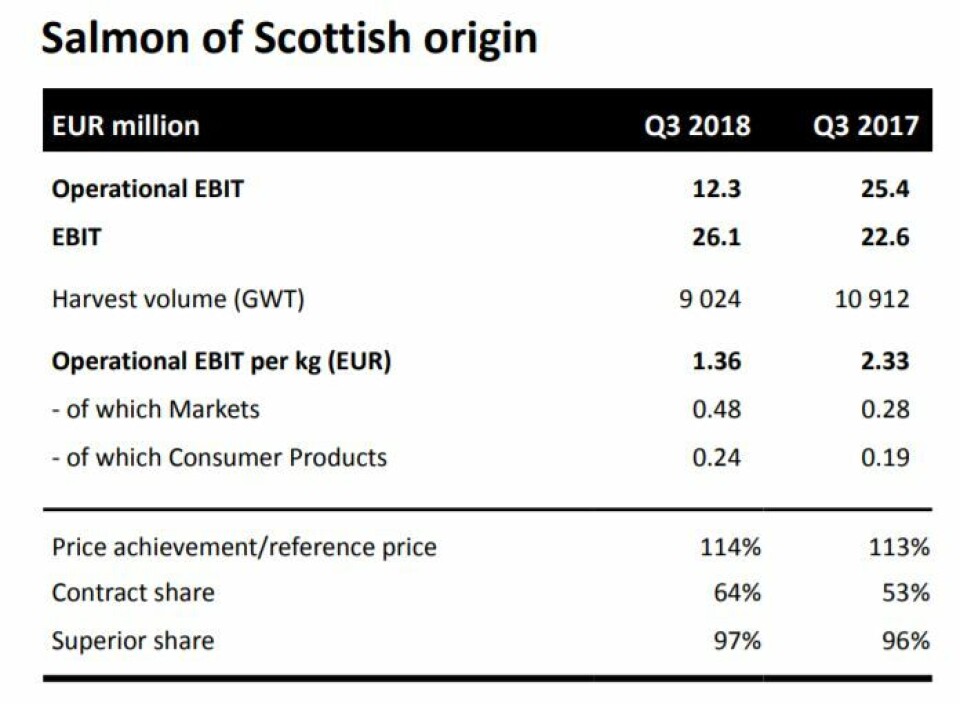
MH Scotland’s total harvest for 2018 is expected to be 40,000 gwt, a third smaller than in 2017, because of considerably smaller harvests in the first half of the year. It expects its 2019 harvest volume to recover to 60,000 gwt.
Operational EBIT for MH Scotland in the third quarter fell to €12.3m (Q3 2017: €25.4m), the equivalent of €1.36 per kg (Q3 2017: €2.33), due to lower harvest volumes and cost increases.
Biological costs per kg increased by 20% from the corresponding quarter of 2017 on increased feed and health costs and negative scale effects.
Gill issues
MH Scotland was hit by incident-based mortality losses of €1.2m (Q3 2017: €2.1m) in the quarter, mainly due to gill issues and mortality at the Inchmore hatchery, where 500,000 ready-for-sea smolts died due to a valve failure in the oxygen supply system.
Sea lice levels at the end of the quarter were lower than at the end of the comparable quarter of 2017.
Production has been higher than in the third quarter of 2017 as a result of improved growth and less mortality, and the company estimates a fourth-quarter harvest volume of 13,300 gwt, slightly higher than in Q4 2017.
The overall price achieved for Marine Harvest’s Scottish salmon was 14% above the reference price in the quarter (13% above in Q3 2017), a premium only matched by the company’s Faroese fish.
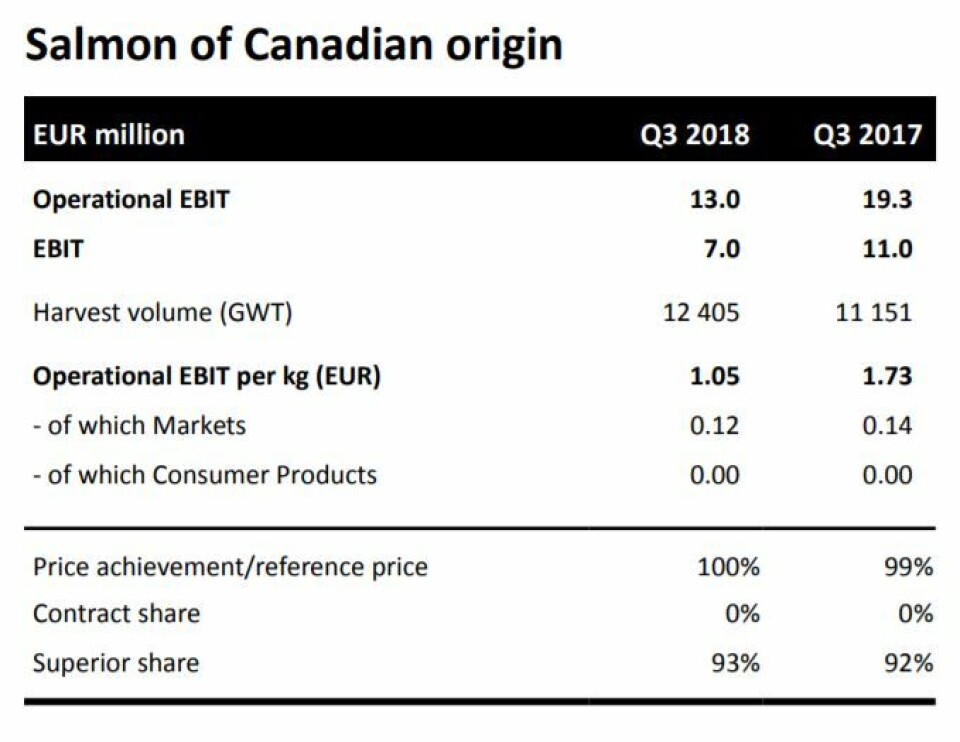
Protestor activities
Marine Harvest Canada harvested 12,405 gwt in Q3, an increase of 1,254 gwt compared to Q3 2017, due to the acquisition of Northern Harvest in Atlantic Canada. But operational EBIT fell to €13m from €19.3m in Q3 2017.
The report stated: “The cost level in the third quarter of 2018 was higher than in the comparable quarter of 2017 due to challenging biological conditions, mortality and extra costs related to protestor activities. In addition, costs were impacted by the build-up of operations in Marine Harvest Atlantic Canada.
“The biological costs per kg salmon harvested in the quarter increased by 10% compared to the third quarter of 2017. Incident-based mortality of €3.2m (€0.7m in the third quarter of 2017) was recognised in the third quarter mainly due to environmental conditions, gill issues and lice treatments.
“Sea lice levels at the end of the quarter were lower than the comparable quarter of 2017.”
€3m escape costs
In Chile, Marine Harvest harvested 13,724 gwt (Q3 2017: 13,721 gwt) and made an operational EBIT of €17.6m (Q3 2017: €17.8).
Biological costs decreased by 2% but non-seawater costs of €3m were incurred following a major escape at Marine Harvest’s Punta Redonda site.
Harvest volumes of organic salmon in Ireland fell to 1,927 gwt (Q3 2017: 3,120 gwt) due to lower opening biomass. The smaller harvests also increased biological costs per kg by 18%.
Operational EBIT fell from €10.1m in Q3 2017 to €6.7m.
The volume of fish produced in the Faroes rose from 1,065 gwt to 1,533 gwt and operational EBIT increased from €2.4m to €4.3m. The majority of salmon was sold to eastern Europe at favourable prices.

